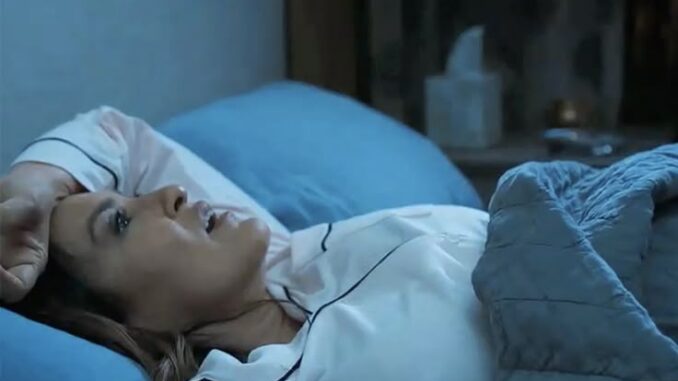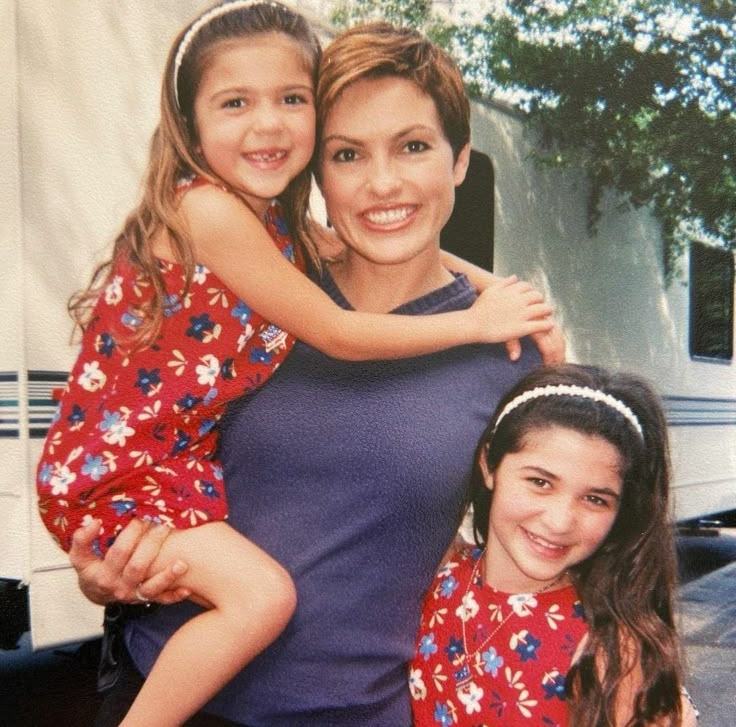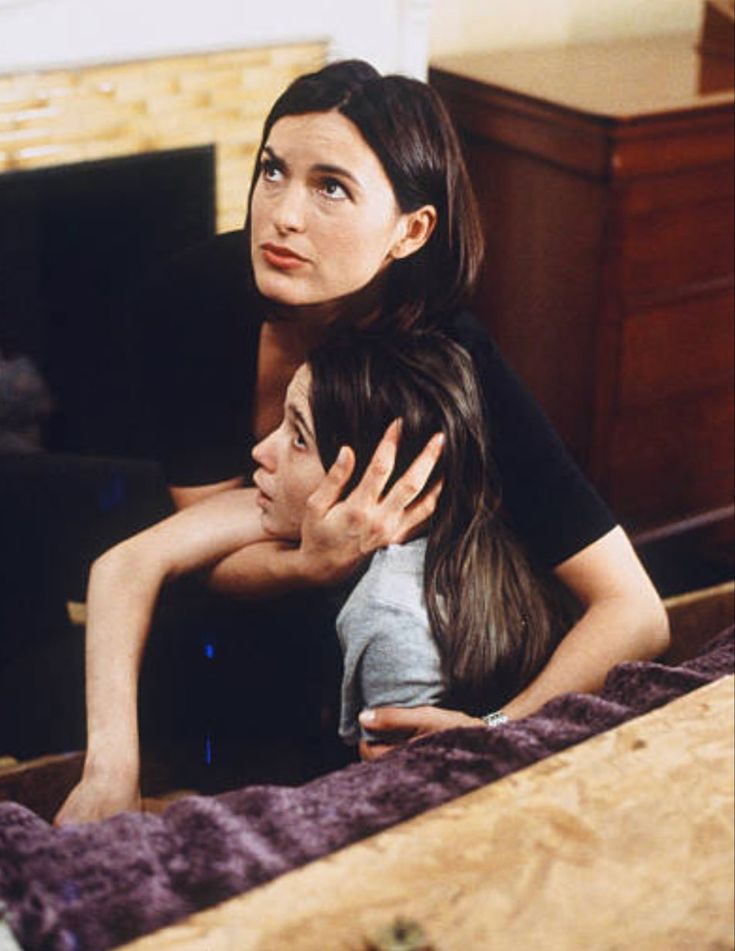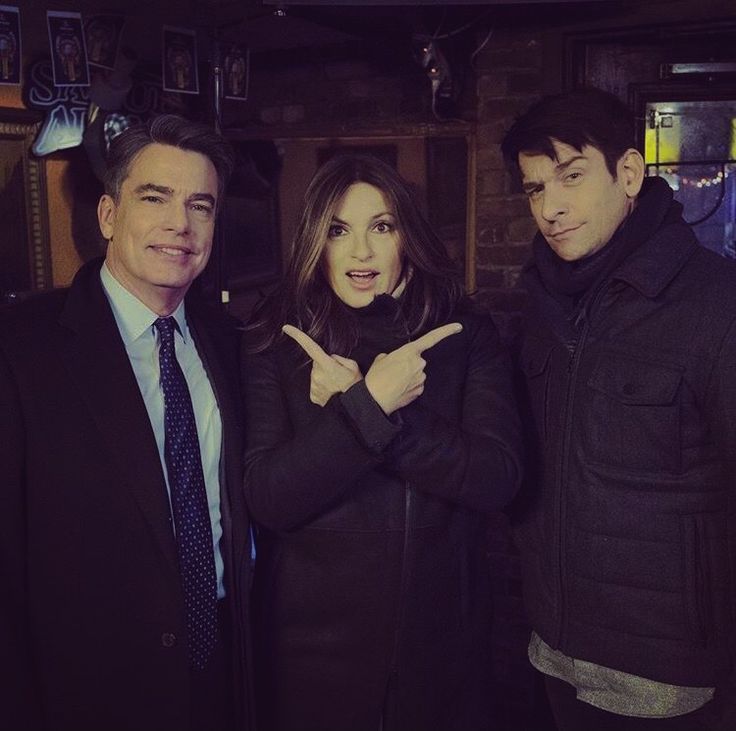
When you hear the name Mariska Hargitay, most people instantly think of her iconic role as Olivia Benson on Law & Order: SVU. But behind the strong, fearless persona on screen lies a personal story deeply scarred by tragedy and silence. In the emotionally charged documentary “My Mom Jayne,” Hargitay opens the floodgates to decades of bottled-up pain, grief, and longing — giving fans an unfiltered look into her past and the heartbreaking loss of her mother, Hollywood bombshell Jayne Mansfield.

🎬 What Is “My Mom Jayne” About?
At its core, “My Mom Jayne” is a deeply personal exploration — part tribute, part therapy. It’s Mariska peeling back layers of memory and myth to find the real woman behind the glamorous headlines: her mother.
📽️ A Documentary Like No Other
Unlike traditional celebrity docs, this one doesn’t just celebrate Jayne Mansfield’s fame. It dives into the emotional vacuum left behind after her sudden death. It’s about what was never said, what couldn’t be healed, and what it means to grow up in the shadow of a tragedy.
🧠 The Psychological Impact of Losing a Parent So Young
Hargitay was only 3 years old when Jayne died in a tragic car crash in 1967. Though she was physically unharmed, the trauma ran deeper than physical wounds.
👶 Childhood Trauma: The Silent Thief
When a child loses a parent at such a young age, the ripple effects last a lifetime. Mariska grew up surrounded by photos, media stories, and strangers who knew her mom — but she herself only had fragmented memories.
😶 So Much Pain Left in the Unsaid
That quote — “so much pain left in the unsaid” — perfectly sums up decades of emotional repression. The doc gives space to those unspoken feelings, finally allowing Mariska to grieve out loud.
🌟 Jayne Mansfield: More Than a Blonde Bombshell
Jayne was often dismissed as Marilyn Monroe’s less-talented clone. But as Mariska reveals, her mother was anything but one-dimensional.
🎓 Brains Behind the Beauty
Jayne had a 160 IQ, spoke five languages, and played multiple instruments. She was strategic in using her sexuality to rise in Hollywood, but it came at a personal cost.
💔 Fame at a Fatal Price
Living in the spotlight meant Jayne’s personal struggles were either ignored or sensationalized. This doc reframes her legacy from “tabloid tragedy” to “complex, brilliant woman and mother.”
🎥 How the Documentary Came to Life
📼 Years in the Making
Mariska spent years quietly collecting footage, letters, and interviews. This wasn’t a Netflix pitch — it was therapy on film.
📍 Real Locations, Real Emotions
The documentary takes viewers to the places Jayne lived, loved, and eventually lost everything. It’s not just informative — it’s immersive.
💬 Mariska’s Voice: A Narrative of Healing
🗣️ Speaking Where Silence Once Reigned
For decades, Mariska rarely spoke about her mother. This documentary changes that. Her voice guides the narrative — calm, raw, and often trembling — offering a front-row seat to her healing journey.
👩👧 A Mother-Daughter Bond Beyond the Grave
Despite the loss, Mariska says she feels a spiritual closeness to Jayne, like their bond never really broke. Through this film, she connects past and present, grief and growth.
📷 Never-Before-Seen Footage and Family Archives

One of the most gripping elements? Personal footage — unseen photos, handwritten notes, home movies. These are the puzzle pieces that bring Jayne back to life in a way Hollywood never could.
👪 The Impact on Mariska’s Family Today
👨👩👧👦 From Survivor to Protector
Mariska, now a mother of three, uses her experience to parent differently. She says the trauma shaped her empathy and resilience — something she channels into every part of her life.
💼 Even Her Career Was Born from Pain
Her role as Olivia Benson isn’t just acting. It’s advocacy born from personal scars. The strength she portrays? That’s real.
📣 Why This Documentary Matters Right Now
⏳ Timing Is Everything
In a culture obsessed with perfect parents and celebrity worship, this film offers a reminder: fame doesn’t shield you from heartbreak.
🧏 A Call to Speak the Unspoken
Millions grow up without saying the things they need to say. This documentary encourages us all to open up, to ask, and to remember before it’s too late.
📰 What the Critics Are Saying
Early reviews praise the film as:
-
“A stunning tribute to maternal love and loss.”
-
“Intimate, haunting, and brutally honest.”
-
“A powerful reminder that silence doesn’t heal — truth does.”
🔄 The Role of Forgiveness in Mariska’s Story
Mariska doesn’t villainize anyone in the documentary. Not her mom, not her dad, not even fate. Her message is about understanding rather than blame.

💌 Lessons We Can All Take from “My Mom Jayne”
-
Grief isn’t linear — it’s lifelong.
-
What we don’t say can hurt just as much.
-
Our parents are people too — flawed, fascinating, fragile.
-
It’s never too late to heal.
-
You can turn pain into power.
🎤 Final Thoughts from Mariska Herself
She says at the end of the film:
“For the first time in my life, I feel like I finally met my mother.”
That single sentence hits like a wave. Because sometimes healing doesn’t come from forgetting — it comes from finally remembering.
📚 Conclusion: A Daughter’s Love That Transcends Time
“My Mom Jayne” is more than a documentary — it’s a love letter, a reckoning, and a release. Mariska Hargitay doesn’t just tell her story — she invites us to feel it. Through every tear, every pause, every frame, you sense the power of a daughter reclaiming her narrative. And in doing so, she helps us confront our own.
